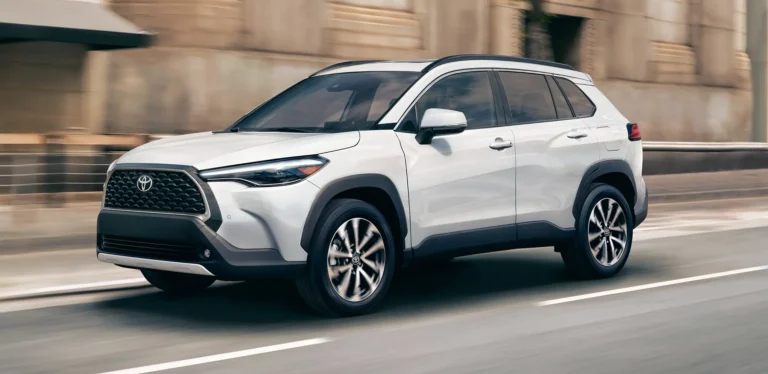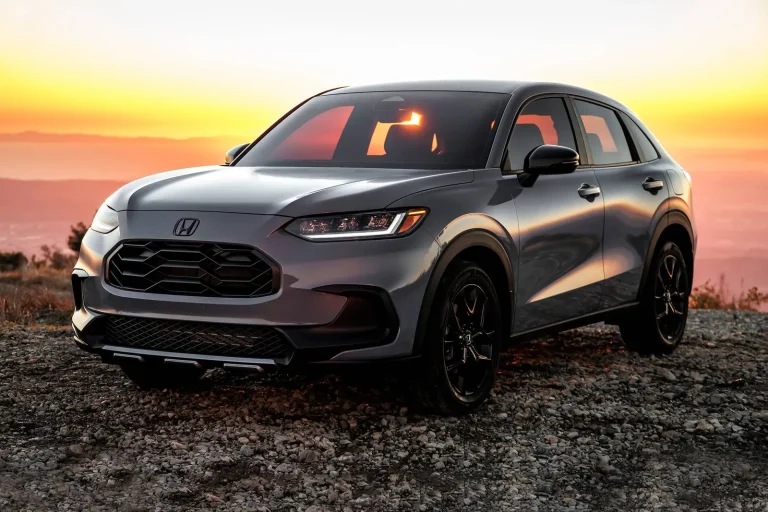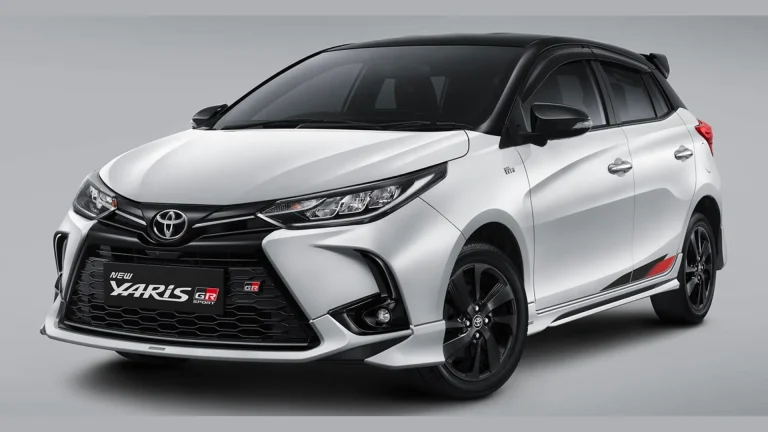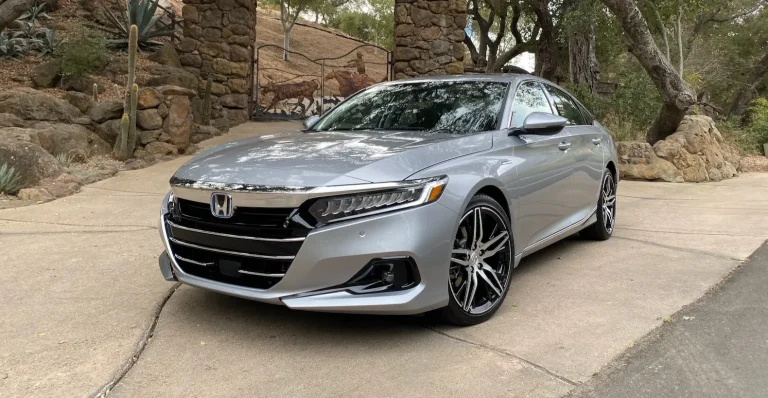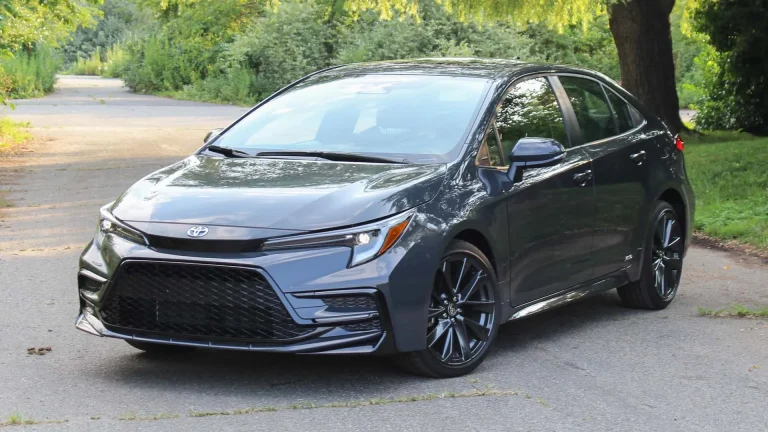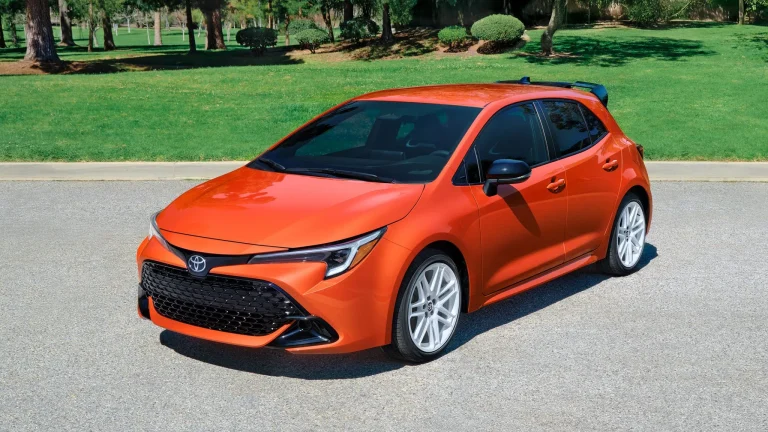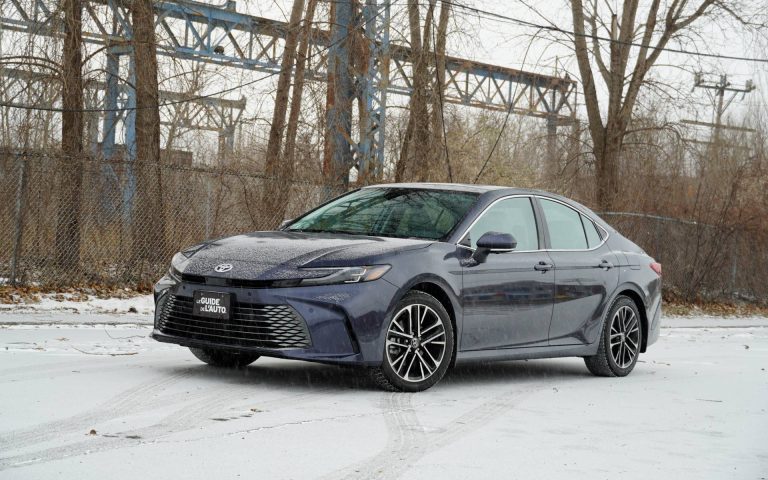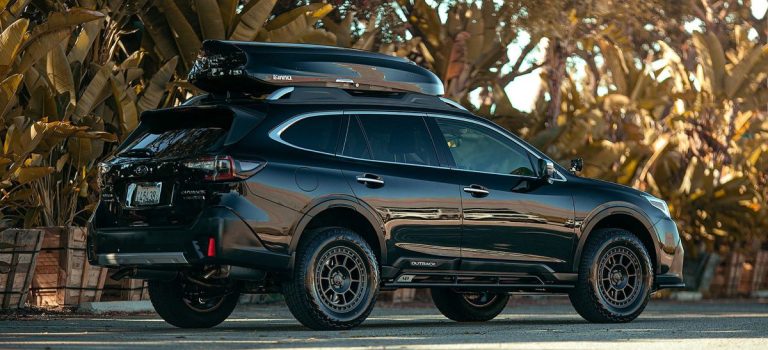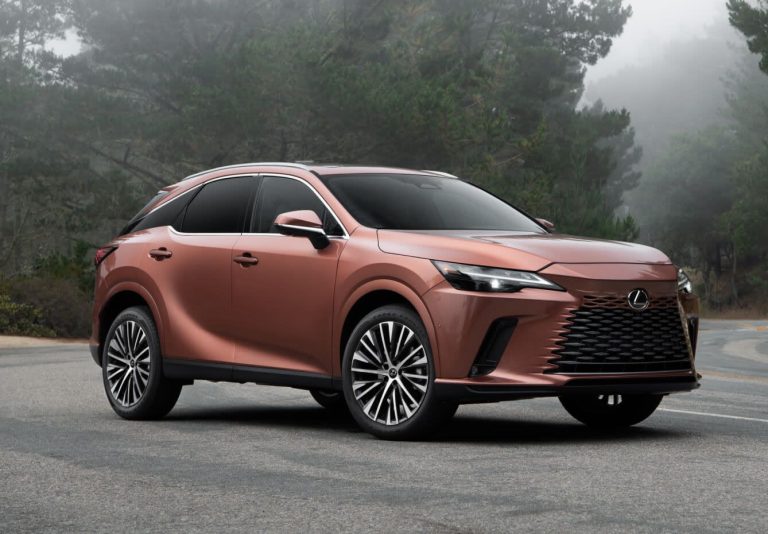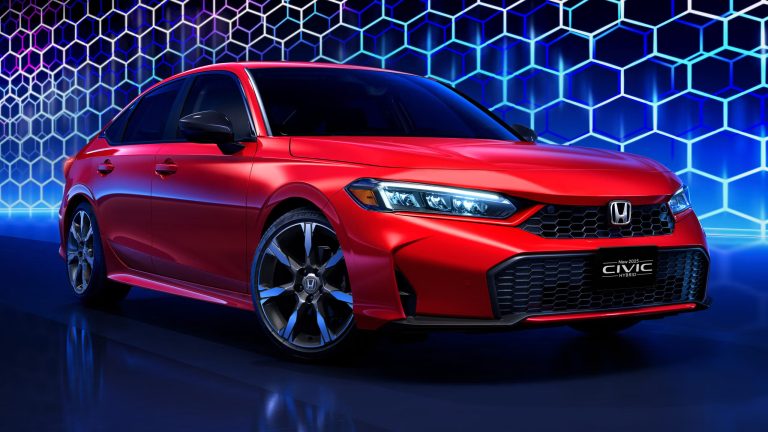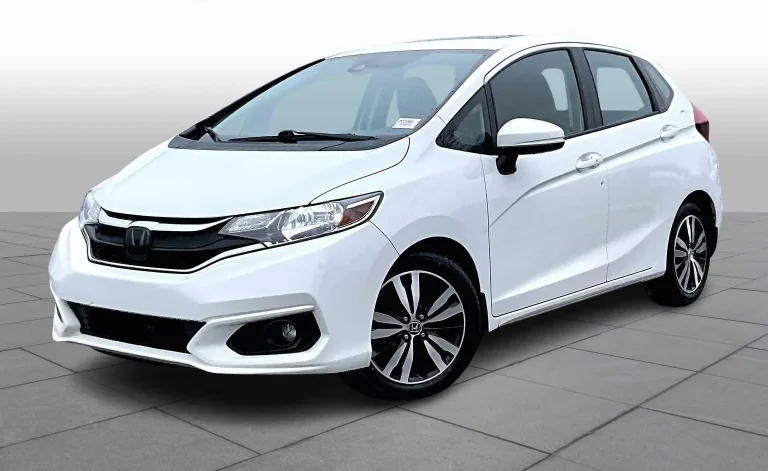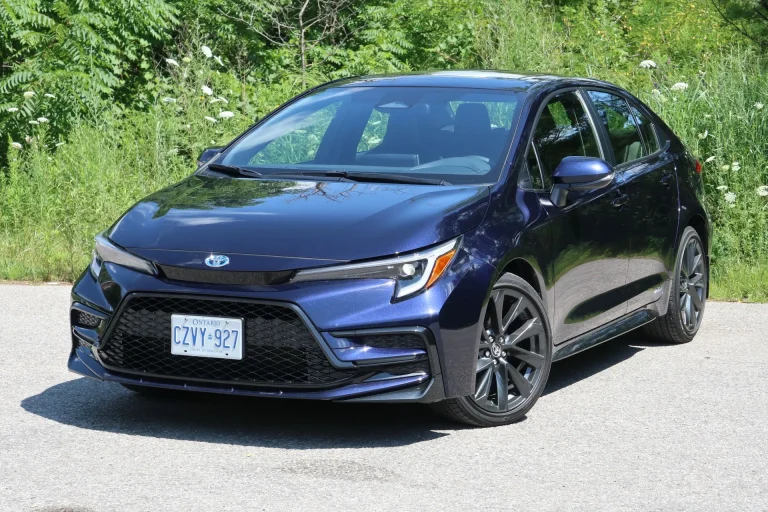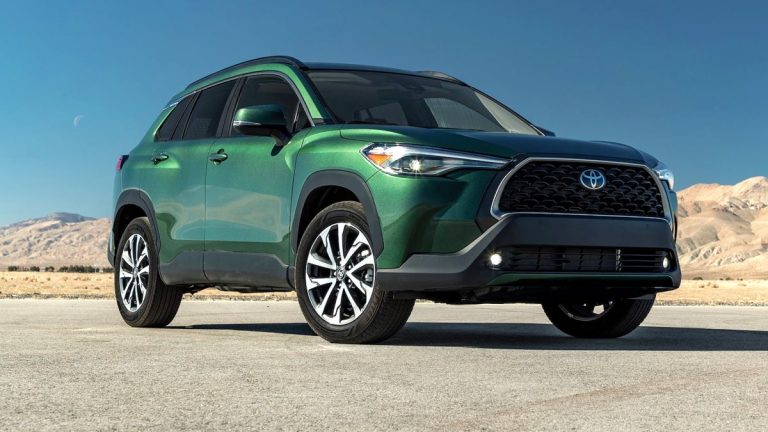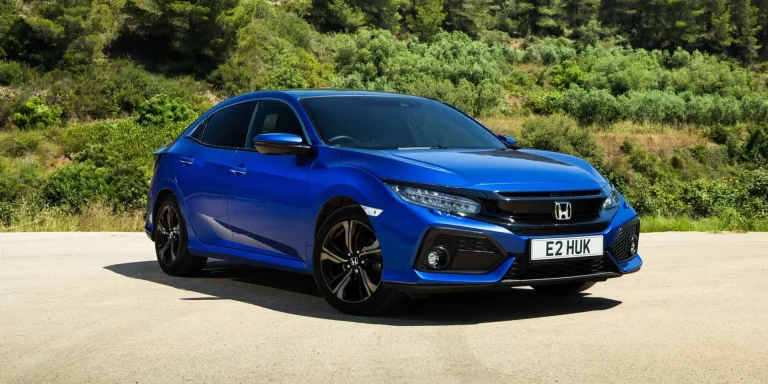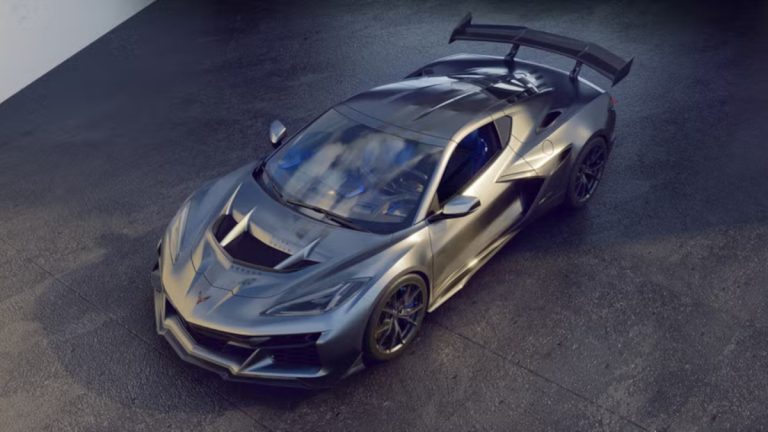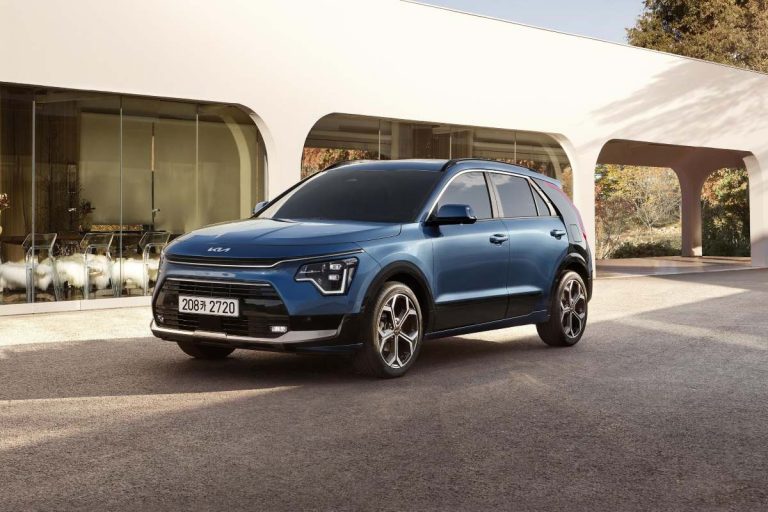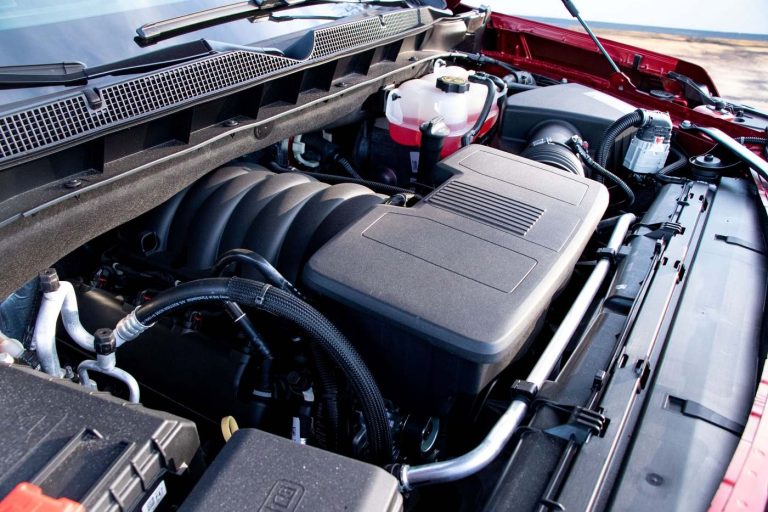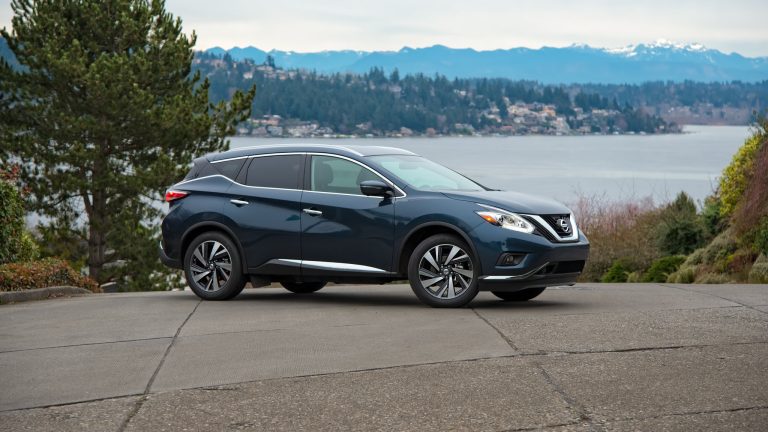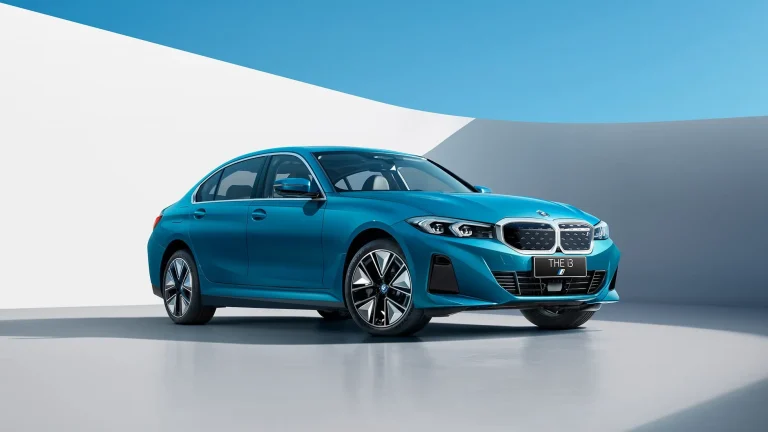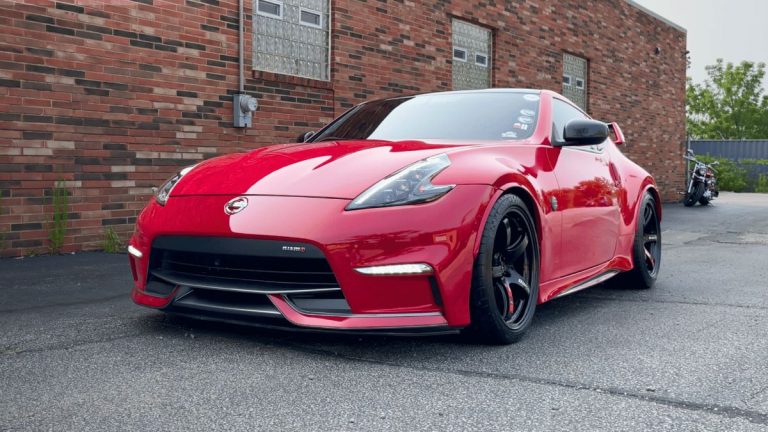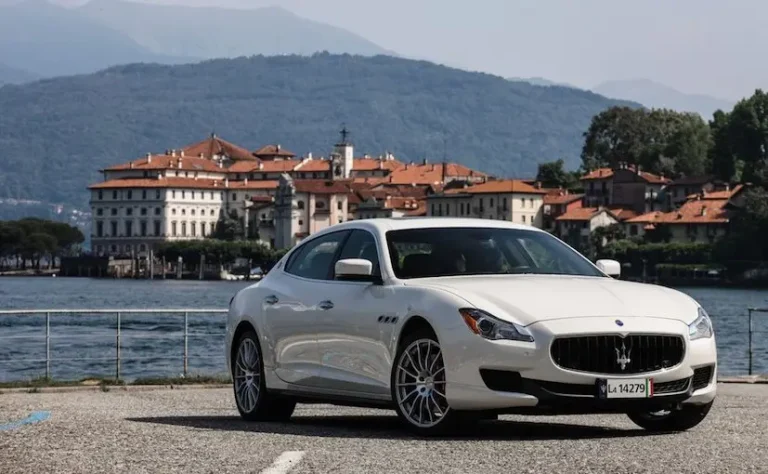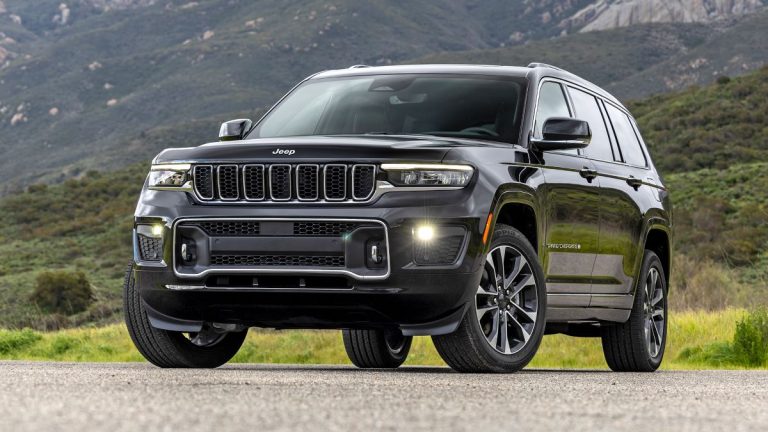City life moves fast. Streets stay crowded, parking spaces feel tighter each year, and traffic lights seem to turn red the moment you touch the gas pedal. DailyDriving in urban areas is not just about…
5 Vehicles That Suit Dense Residential Blocks vs 5 That Feel Oversized
Living in a tightly packed residential area comes with a unique set of challenges for car owners. Narrow streets, limited parking spaces, and constant foot traffic make it essential to have a vehicle that feels…
5 Hatchbacks That Excel in Urban Driving vs 5 That Feel Underpowered
Urban streets have a rhythm all their own: honking horns, cyclists weaving between lanes, and stoplights flickering on every corner. Owning a car that thrives in this environment can make daily commuting feel less like…
5 Electrified Vehicles That Feel Simple to Own vs 5 That Feel Complicated
Electric and hybrid vehicles promise a cleaner drive, quieter cabins, and fewer trips to the gas station. For many shoppers, that promise also comes with a big question. Will owning one be easy, or will…
5 Vehicles That Hold Value in Cities vs 5 That Depreciate Faster
City life moves fast, and so do car-buying decisions. Parking rules, tight streets, stop-and-go traffic, and constant wear all play a role in how well a vehicle keeps its value once it becomes part of…
5 Vehicles That Handle Urban Parking Rules Well vs 5 That Don’t
City driving has its own rhythm. Streets feel narrower than they look on maps, parking signs read like legal documents, and every curb seems to come with a rule that changes by the hour. One…
5 Cars for Escondido Daily Driving and 5 Affordable Ownership Options
For drivers in Escondido, selecting a vehicle that balances comfort, efficiency, and practicality is essential for daily commuting, errands, and weekend trips. Whether weaving through city streets, cruising on the freeway, or managing family duties,…
5 Vehicles Built for Phoenix Heat vs 5 That Age Too Fast
Living in Phoenix means dealing with some of the most extreme temperatures in the U.S. Summers frequently surpass 110°F, pavement can exceed 150°F, and vehicles are constantly exposed to relentless sun. Heat isn’t just uncomfortable…
5 Cars That Fit City Living Long-Term vs 5 That Don’t
City living changes the way people experience cars. Tight parking spaces, stop-and-go traffic, narrow streets, rising fuel costs, and frequent short trips all put unique demands on a vehicle. While many cars seem perfectly acceptable…
5 Cars That Stay Predictable Long-Term vs 5 With Known Reliability Drops
Buying a new car in the United States has become less about excitement and more about confidence. With average transaction prices remaining high, interest rates fluctuating, and many buyers keeping vehicles longer than ever, long-term…
5 Cars for Encinitas Coastal Commuting and 5 Corrosion-Resistant Picks
Living and commuting in Encinitas means dealing with coastal conditions, from salty sea air to occasional damp mornings and wind-swept streets. Choosing the right vehicle for daily drives requires a balance of comfort, reliability, fuel…
5 Cars That Don’t Draw Parking Tickets vs 5 That Stick Out Too Far
City streets test patience. Painted lines fade. Curbs curve at odd angles. Parking meters blink warnings. Drivers circle blocks hoping for a spot that does not trigger a ticket before dinner. Choosing a car that…
5 Vehicles That Work for City Budgets vs 5 That Cost More Than Expected
City life moves fast, and money moves even faster. Between rent, food, parking permits, toll roads, and fuel, the cost of owning a car in an urban area can quietly climb higher than expected. That…
5 Cars That Keep Brake Wear Reasonable vs 5 That Eat Pads Fast
City traffic, stop signs, school zones, and highway slowdowns all share one thing in common. Brakes work hard every single day. For drivers, that means pad replacements, rotor resurfacing, and service bills that arrive sooner…
5 Cars That Feel Calm in Heavy Traffic vs 5 That Increase Stress
In the United States, heavy traffic isn’t an occasional inconvenience it’s a daily reality. From bumper-to-bumper interstates around Washington, D.C., to gridlocked surface streets in Miami, Houston, and Seattle, traffic shapes how people experience their…
5 Cars for Elk Grove Commuters and 5 Fuel-Saving Daily Drivers
Finding the right car for daily commuting in Elk Grove means balancing comfort, reliability, and fuel efficiency. With busy roads, frequent stop-and-go traffic, and occasional highway travel on I-5 or Highway 99, commuters need vehicles…
Chevrolet Explores High-End Customization With One-Off ZR1X
The one-off ZR1X suggests that Chevrolet may soon offer highly personalized options at the very top of the Corvette lineup. Alongside that announcement, the automaker revealed a one-off ZR1X, set to be auctioned at the…
Kia Niro 2027: A Hybrid Crossover With an EV-Inspired New Face
Kia has unveiled the facelifted 2027 Niro in South Korea, giving the compact crossover a mid-cycle makeover that clearly takes cues from the brand’s electric lineup. While the central body and doors remain largely unchanged,…
GM L87 V8 Recall Hits Snag as Federal Investigation Begins
GM’s proposed solution for its 6.2-liter V8 has not resolved the ongoing problems, prompting the National Highway Traffic Safety Administration (NHTSA) to get involved. The 6.2L L87 V8 has faced recalls, lawsuits, and engine failure…
5 SUVs That Handle Seattle Rain Properly vs 5 SUVs With Known Water Issues
Seattle is a city known for its persistent rain, frequent cloudy skies, and seasons that seem to stretch on without much interruption from dry weather. For many drivers in this region, selecting an SUV that…
5 EVs That Make Sense Without a Home Charger vs 5 EVs That Depend on It
Electric vehicles have become an increasingly common sight on city streets and highways, offering the promise of lower emissions and reduced fuel costs. However, owning an electric vehicle comes with unique challenges, particularly regarding charging…
5 Cars That Stay Comfortable in Traffic vs 5 cars That Feel Miserable at Low Speeds
Traffic is one of the most common stressors for drivers, especially in large cities where congestion can turn even a short commute into a slow, frustrating ordeal. Some cars manage this situation exceptionally well, offering…
5 Luxury Sedans That Keep Repair Costs Predictable vs 5 Luxury Sedans That Don’t
Luxury sedans represent a segment of automobiles that combine performance, comfort, advanced engineering and prestige in a way few other classes of vehicle can match. When someone considers owning a luxury sedan, they are often…
5 Cars That Cope With Chicago Road Salt vs 5 That Show Rust Early
Chicago winters are known for their bitter cold, strong winds, and especially for the heavy use of road salt. The city’s transportation departments deploy salts and brine solutions to keep highways and local roads passable…
5 Cars That Manage Crowded Parking Lots vs 5 That Feel Clumsy
Parking lots are one of the few places where cars reveal their true personalities without the help of horsepower or highway speed. Tight corners, unpredictable pedestrians, shopping carts drifting like tumbleweeds, and drivers stopping without…

